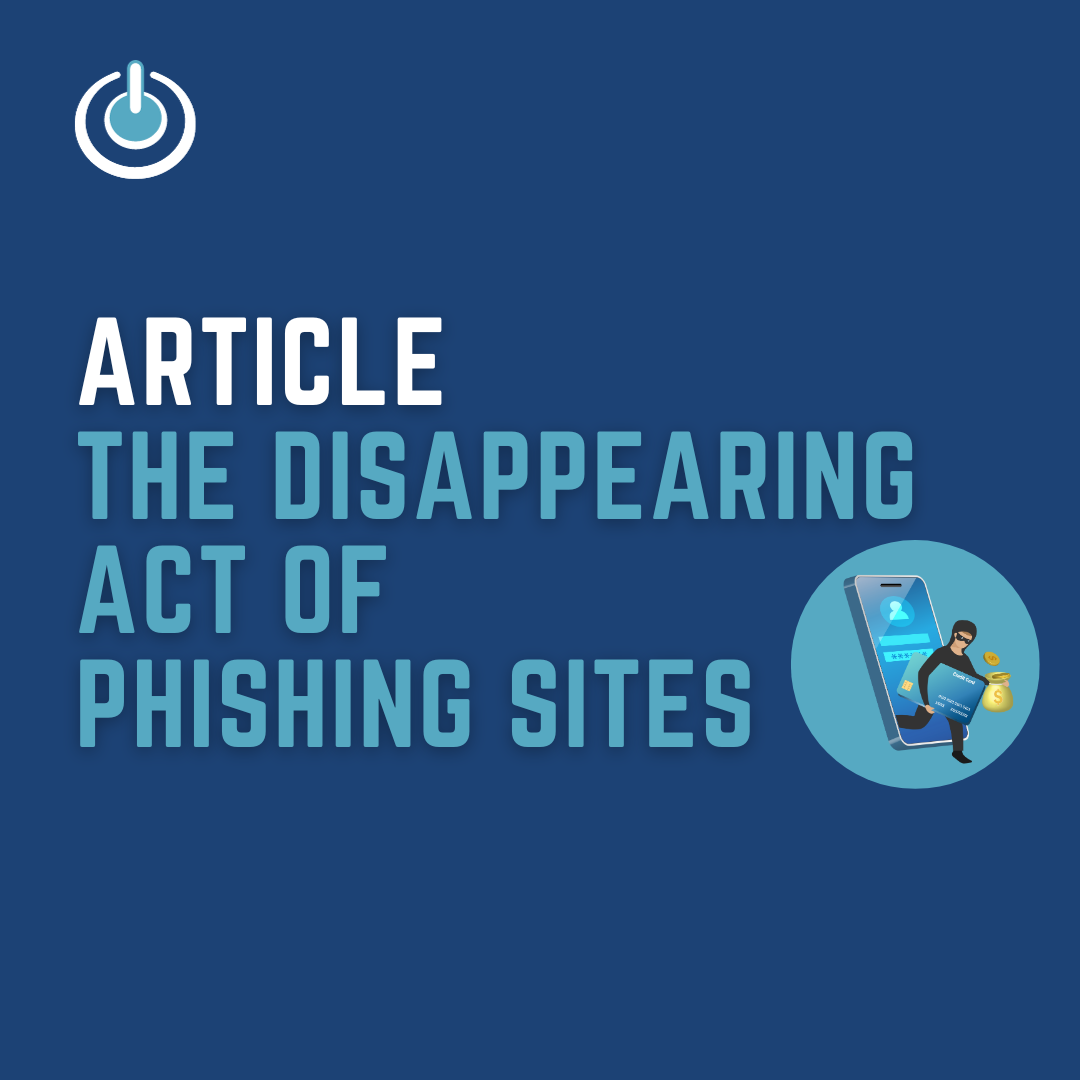Unmasking the Shadows: The Peril of Phishing Scams
Enter the labyrinth of the digital realm, where an alarming trend looms large – phishing scams. Like cleverly crafted traps, cybercriminals employ deceptive tactics to cast a wide net of danger, targeting unsuspecting individuals and businesses.

In this blog, we embark on a quest to unravel the mysteries of phishing scams, shedding light on their treacherous schemes, identifying their targets, and equipping you with the essential tools to fend off their advances.
Decoding Phishing Scams: The Web of Deception
Imagine receiving an innocent-looking email, seemingly from a trusted source. Urgent messages beckon, demanding immediate action. It could be a warning about suspicious account activity from a financial institution, a plea to reset your password from a social media platform, or a request for personal information from a shipping company claiming to have a vital delivery.
Beware! These seemingly legitimate messages are nothing but cunningly crafted traps. The attackers employ various methods, be it emails, text messages, or even phone calls, to convince you of their authenticity and manipulate you into cooperation.
Caught in the Web: Who Falls Prey to Phishing Scams?
Phishing scams spare no one, targeting individuals and organizations regardless of their backgrounds. While we often associate phishing with inexperienced internet users, the truth is that anyone can become entangled in these devious webs. However, certain groups are particularly susceptible:
- Those with limited online security awareness: Phishers prey upon individuals less familiar with the tell-tale signs of scams, making them easy targets for exploitation.
- Employees of organizations: Cybercriminals meticulously craft emails to deceive employees, aiming to gain access to confidential business information or financial assets. The stakes are high in this corporate battleground.
- Elderly individuals: Scammers exploit the trust and unfamiliarity of older generations with digital platforms, capitalizing on their vulnerabilities and leaving them trapped in their deceptive schemes.
Escaping the Clutches: Unveiling the Path to Safety
Navigating the dangerous waters of phishing scams may seem impossible, but fear not! We equip you with practical steps to shield yourself and mitigate the consequences should you find yourself entangled:
- Embrace Scepticism: Trust is a precious commodity in the digital realm. Don’t be too quick to trust unsolicited emails, texts, or calls that pry for personal information. Pause, question, and investigate before sharing any sensitive details. A healthy dose of scepticism can be your armour against the schemes of scammers.
- Verify, Verify, Verify: When you receive an email requesting sensitive information, resist the urge to comply immediately. Reach out to the supposed sender through an alternate channel, such as a phone call or a separate email thread, to double-check the authenticity of the request. Taking that extra step to verify can save you from falling into the clutches of cybercriminals.
- Master the Art of Suspicion: Keep a keen eye out for red flags. Grammatical errors, misspelt domain names, or email addresses that deviate slightly from the norm can be warning signs of a phishing attempt. Trust your instincts and question anything that seems fishy. Your intuition is your ally in the face of deception.
- Beware the Rush: Phishers thrive on urgency, creating false emergencies to compel you to act impulsively. Resist their attempts to rush you into making hasty decisions. Take a step back, breathe, and assess the situation calmly. Remember, legitimate entities will be okay with you verifying their requests.
- Educate, Educate, Educate: Stay informed about the ever-evolving world of phishing techniques. Arm yourself with knowledge and share it with your friends, family, and colleagues. Together, we can forge a vigilance network, shielding one another from the snares of cyber deception.
Caught in the Trap: What to Do if You Suspect You’ve Been Phished
Swift action is paramount if you find yourself tangled in a phishing scam. Report the situation immediately to prevent further damage if it happens at work. If you suspect you’ve been scammed at home and have provided bank details, contact your bank immediately. And if you’ve fallen victim to password theft, change your password on any accounts that share the same credentials (also, please don’t use the same password for multiple sites – this is a cyber criminal dream).
Unleash the Power of IT Manager Services
IT Manager Services emerges as a beacon of protection in the face of these digital threats. From implementing secure backup solutions to safeguarding your sensitive information, our experts strengthen your systems against future attacks. Furthermore, we guide you through the transition to secure cloud platforms, providing a resilient and scalable infrastructure that minimizes the risk of data loss.
Don’t wait for the danger to strike. Contact us today for expert cyber security solutions, empowering you with tools and knowledge to navigate the treacherous waters of the digital realm securely. Together, we can overcome phishing scams and emerge triumphant in the fight against cybercrime.
Follow us on Facebook to keep up with all of our latest news & articles












